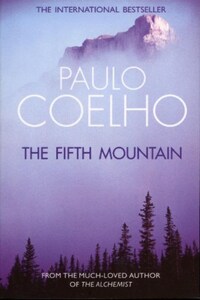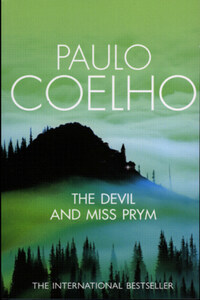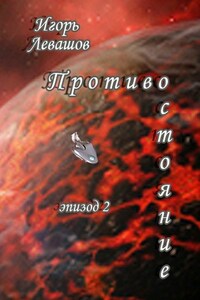And he said, Verily I say unto you, No prophet is accepted in his own country.
But I tell you of a truth, many widows were in Israel in the days of Elias, when the heaven was shut up three years and six months, when great famine was throughout all the land;
But unto none of them was Elias sent, save unto Zarephath, a city of Sidon, unto a woman that was a widow.
Luke 4:24–26
In my book The Alchemist, the central thesis lies in a phrase that King Melchizedek says to the shepherd boy Santiago: “When you want something, all the universe conspires in helping you to achieve it.”
I believe this with all my heart. However, the act of living one’s own destiny includes a series of stages that are far beyond our understanding, whose objective is always to take us back to the path of our Personal Legend—or to make us learn the lessons necessary to fulfill our own destiny. I think I can better illustrate what I am saying by relating an episode in my life.
On August 12, 1979, I went to sleep with a single certainty: at the age of thirty I was successfully making my way to the top of my career as a recording executive. I was working as artistic director for CBS in Brazil, and I had just been invited to the United States to talk to the owners of the company, who would surely provide me with every opportunity to achieve all that I desired to do in my area. Of course my great dream—to be a writer—had been set aside, but what did that matter? After all, real life was very different from what I had imagined; there was no way to earn a living from literature in Brazil.
That night I made a decision: to abandon my dream. One had to adapt to circumstances and take advantage of opportunities. If my heart protested, I could deceive it by composing song lyrics whenever I wanted, and by doing some writing now and then for some newspaper. Besides, I was convinced that my life had taken a different path, but one no less exciting: a brilliant future awaited me in the world of the music multinationals.
When I woke up, I received a phone call from the president: I had just been fired, without further explanation. Although I knocked on various doors in the next two years, I never found a position again in that field.
When I finished writing The Fifth Mountain, I recalled that episode—and other manifestations of the unavoidable in my life. Whenever I thought myself the absolute master of a situation, something would happen to cast me down. I asked myself: why? Can it be that I’m condemned to always come close but never reach the finish line? Can God be so cruel that He would let me see the palm trees on the horizon only to have me die of thirst in the desert?
It took a long time to understand that it wasn’t quite like that. There are things that are brought into our lives to lead us back to the true path of our Personal Legend. Other things arise so we can apply all that we have learned. And, finally, some things come along to teach us.
In my book The Pilgrimage, I tried to show that these teachings need not be linked to pain and suffering; discipline and attentiveness alone are enough. Although this understanding has become an important blessing in my life, it still did not equip me to transit certain difficult moments that I experienced, even with total discipline and attentiveness.
One example is the case I have cited; I was a serious professional, made every effort to give the best there was in me, and had ideas that even today I consider worthwhile. But the unavoidable happened, at the very moment when I felt most secure and confident. I believe I am not alone in this experience; the unavoidable has touched the life of every human being on the face of the earth. Some have rebounded, others have given up—but all of us have felt the wings of tragedy brushing against us.
Why? To answer this question, I let Elijah lead me through the days and nights of Akbar.














